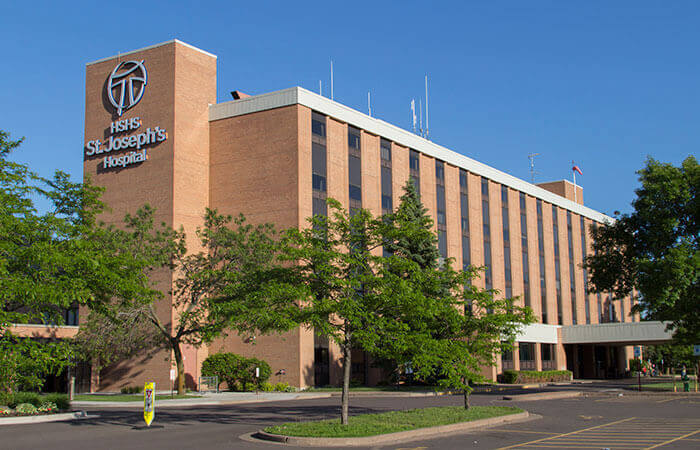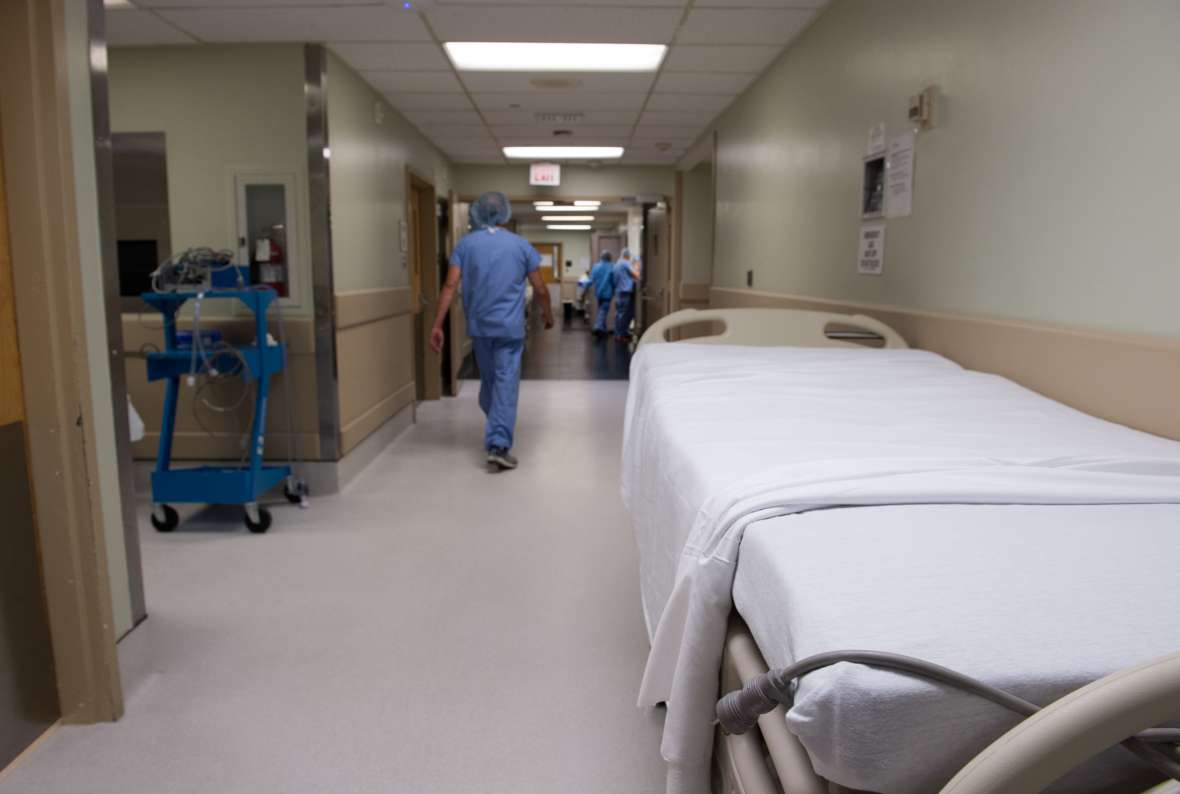As more doctors seek a balance between professional and personal life, many choose not to set up their own practice but instead work for a hospital system.
Dr. Paul Wertsch practices at the Wildwood Clinic, which he founded with his wife in Madison in 1978. Medicine has changed a lot in the 35 years since he set up practice. When he started, there were no cell phones, and no electronic records. Diseases that can now be cured were a death sentence.
“I think technology has really helped in a lot of different ways,” said Wertsch. “When I started practice, childhood leukemia was almost uniformly fatal. All the kids died. Now almost all the kids are able to live normal lives.”
Stay informed on the latest news
Sign up for WPR’s email newsletter.
The downside of modernization for Wertsch is that medicine has become – in his words – a “commodity,” as private practices get absorbed by hospital systems.
“Instead of providing good patient-oriented care, you’re now providing one unit of health care commodity, and it doesn’t really make any difference who provides it,” said Wertsch. “And it doesn’t really make a difference how good a job you do – you get paid a unit price for it.“
Charles Shabino, however, believes that clinics run by hospital systems have their benefits. The senior medical consultant for the Wisconsin Hospital Association who practices in Wausau said they can bring salaried doctors and specialists together under one roof, resulting in more coordinated care.
“That has really added to the ability to have well-coordinated care, better outcomes, (and) safer care – and for that reason that is clearly a benefit to patients as a whole,” said Shabino. “But let me emphasize, I’m not implying you can’t get the same kind of care in the independent practice model.”
Those who recruit doctors say the medical landscape is changing, in part because of American’s poor health. Kurt Mosley with the national physician placement firm Merritt Hawkins said that most doctors want to join a system instead of set up shop on their own.
“The doctors aren’t necessarily better or worse,” said Mosley. “We just have to get more efficient. There’s more patients in the mix now. Our patients are more unhealthy than ever. We are the most obese population in American history.“
In Wisconsin, 75 percent of doctors are salaried employees, a figure that has as much to do with the lifestyle doctors want as with the money hospitals provide under this arrangement. Doctors often have more regular hours and don’t deal with billing. Hospitals get more patients and get better government reimbursement.
Take a common procedure described by national health care payment expert Harold Miller, the CEO of the Center for Healthcare Quality and Payment Reform.
“There’s two places you can go to get a colonoscopy,” said Miller during a talk in Madison earlier this year. “You can go to a gastroenterologist office and get the colonoscopy, or you can go to a hospital outpatient department to get a colonoscopy. How much does Medicare pay? When you go to a hospital, the hospital gets paid separately. So guess what – it actually costs twice as much to get your colonoscopy in the hospital.“
Hospital-run clinics are where most patients are going and the trend will likely continue, said Mosley.
“I think practices of five (practitioners) or less just aren’t going to make it,” said Mosley. “They just can’t make it financially. Practices of five or less probably don’t have a future in health care delivery.”
Wertsch practices with a dozen other doctors at Wildwood’s two locations in Madison and Cottage Grove. So far the independent facility has repeatedly rebuffed offers to sell.
Wisconsin Public Radio, © Copyright 2024, Board of Regents of the University of Wisconsin System and Wisconsin Educational Communications Board.







